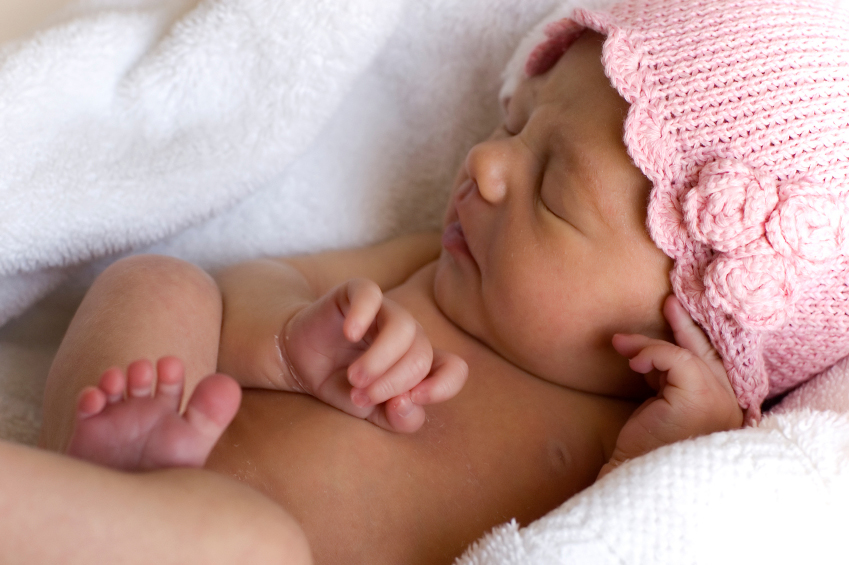There is a global shortfall of 23.1 million women, including 11.9 million in China and 10.6 million in India. In 2017 alone, 800,000 girls were aborted in China and 671,000 in India. Researchers from the United Nations, the University of Singapore and the University of Massachusetts in the USA jointly conducted a major demographic study examining the global sex ratio. The study, published in the journal Proceedings of the National Academy of Sciences, analysed data from censuses, surveys and registers of births, deaths and marriages in 202 countries, from 1950 to 2017. “Sex-selective abortion began to be available” in 1970. The study found that twelve countries have an unusually high proportion of men compared to women: China, India, Albania, Armenia, Azerbaijan, Georgia, South Korea, Hong Kong, Montenegro, Taiwan, Tunisia and Vietnam.
In China, the country where 51% of the shortfall in girls is concentrated, the sex ratio in 2005 increased to 118 male births per 100 female births. This is well above the natural ratio of 105 per 100, which is consistently found in other countries throughout the world. By 2017, this ratio had fallen slightly to 114 per 100, a downward trend that “remains to be confirmed” according to Fengqing Chao, one of the University of Singapore’s researchers. Since the end of the one-child policy, the desire for girls is rising slowly, but it will take several years to rebalance the ratio, especially “due to the shortage of women” currently at childbearing age.
In Georgia, South Korea and Hong Kong, the sex ratio at birth is returning to normal, but in India, where 41% of female abortions occur, the ratio is only dropping “slightly”.
The abortion of girls seems to have “become a way for large families not to miss out on male offspring,” the study concludes.
For further reading:
In India, a doctor fights against female foeticide by offering to deliver baby girls free of charge
New Scientist,

